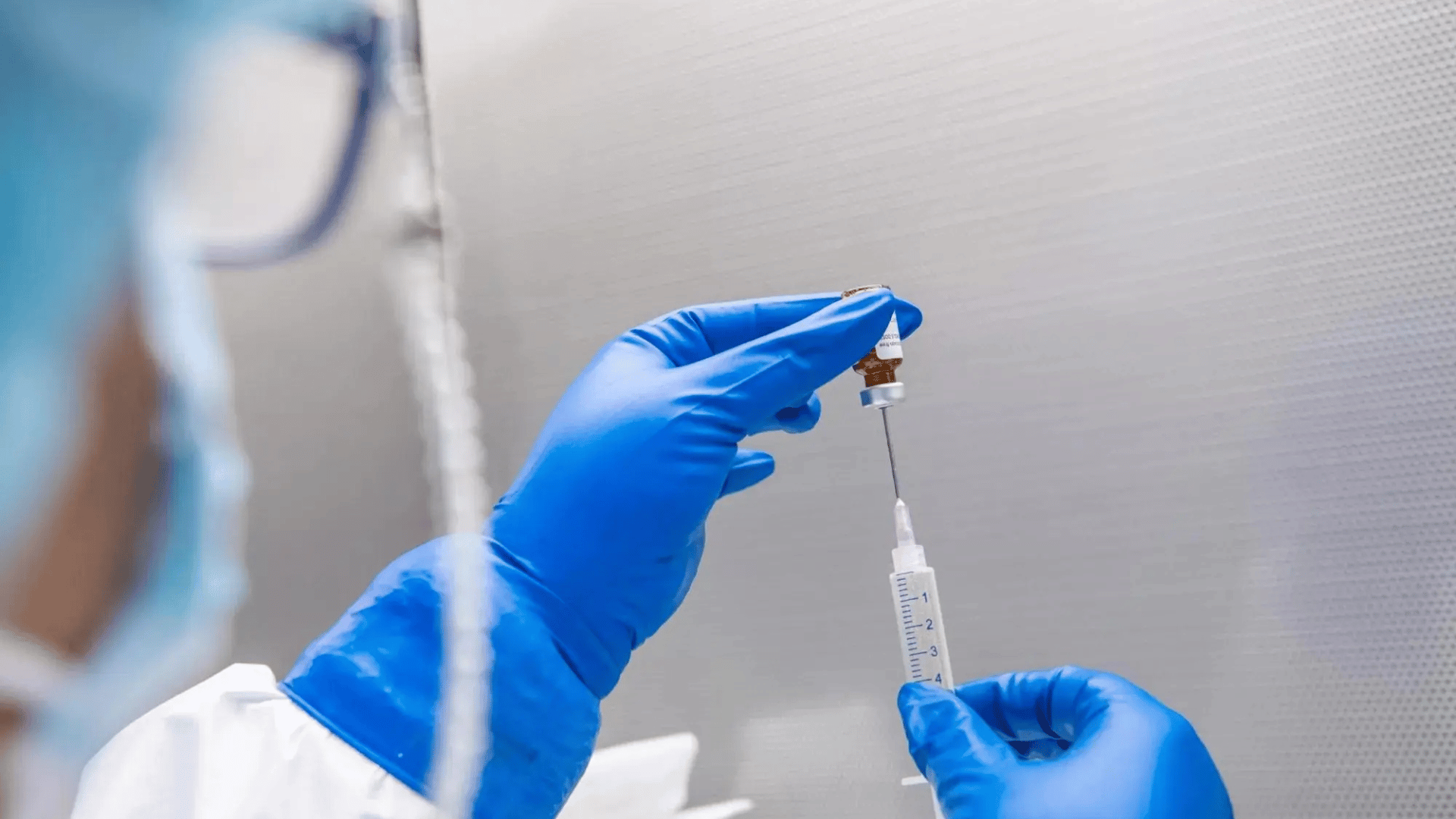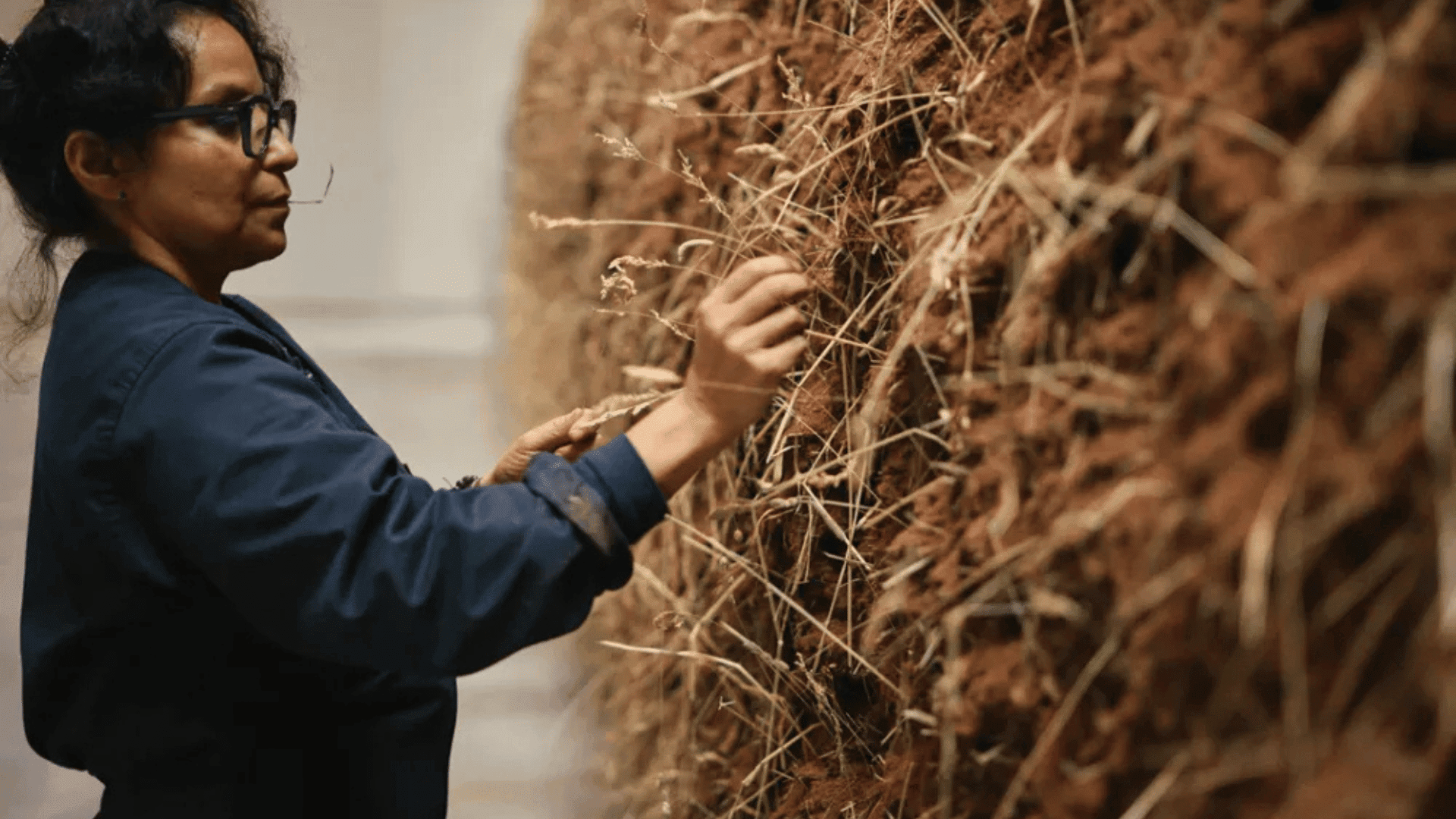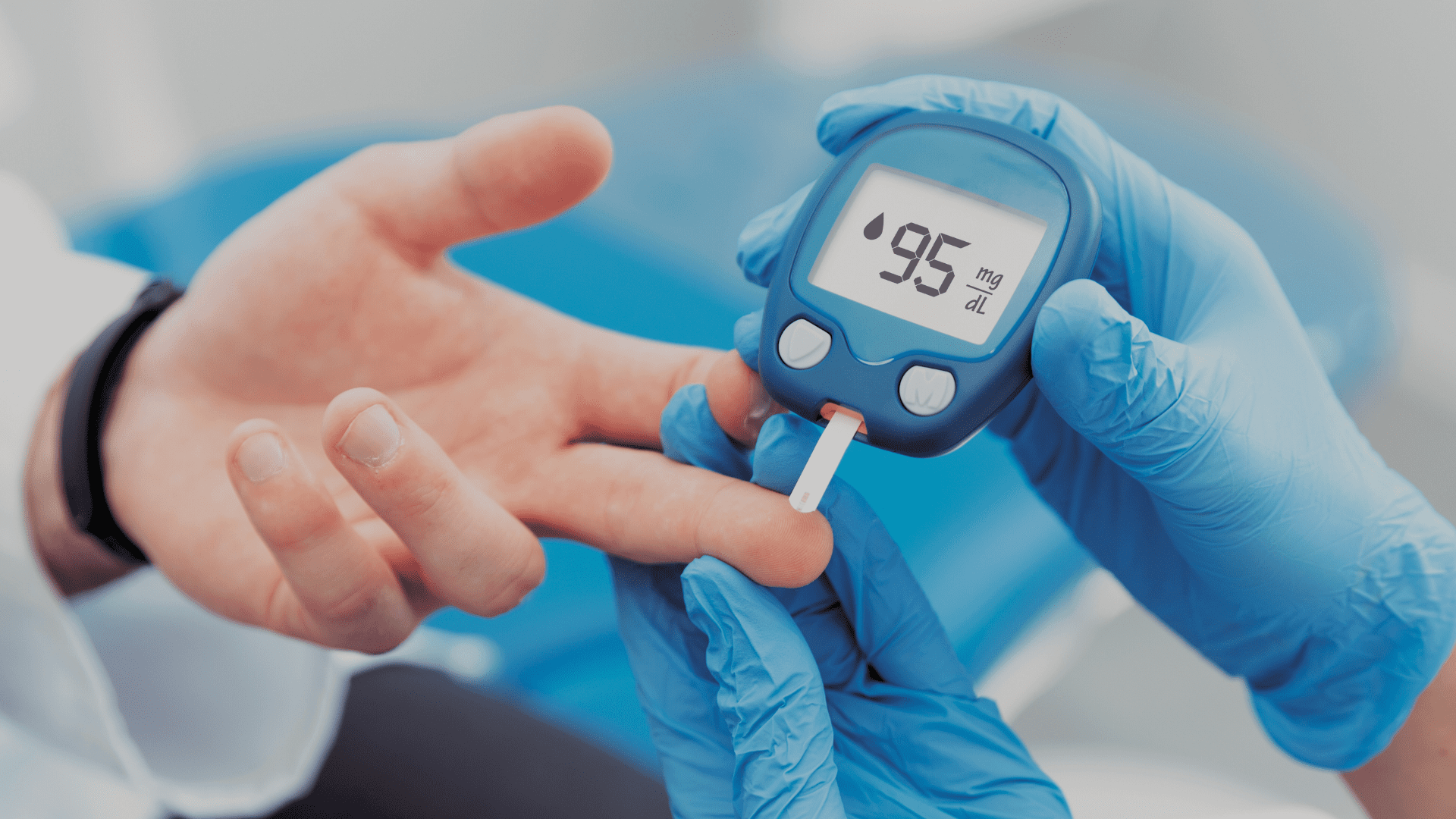A breakthrough vaccine that may lead to the eradication of breast cancer has finished its phase one clinical trial this week, with more than 75% of women showing a strong immune response.
Breast Cancer Vaccine

The vaccine, which is designed to both prevent and treat breast cancer, has its effectiveness measured by antibodies on the patients’ white blood cells.
In the trial’s first phase, the vaccine was given to 35 women, many of whom had the most lethal form of breast cancer – triple-negative breast cancer. Women in the study had their blood drawn at intervals to test the level of antibody production against alpha-lactalbumin, or the molecule the vaccine targets.
“It’s a very new mechanism and we think that if this works and is able to prevent cancer, then we can perhaps eliminate breast cancer as a disease, just like we’ve done for polio and various other infectious diseases,” Dr. Amit Kumar, CEO of Anixa Biosciences, which is designing the vaccine along with the Cleveland Clinic, stated to the New York Post.
The project will begin its phase two next year, which involves testing the vaccine on a larger group for other types of breast cancer. Kumar has hopes that the vaccine will eradicate breast cancer by 2030.
“Cancer vaccines have been very, very difficult to develop,” he added. “There’s never been a successful true cancer vaccine.”
Cancer vaccines have been difficult to make because, unlike most vaccines that target organisms foreign to the body, cancer grows out of a person’s own cells. Though cancer vaccines can target proteins that show up in high amounts on cancer cells, it sometimes results in the immune system also attacking healthy organs with the protein present.
This vaccine is different because of a unique aspect of breast cancer – one of the proteins present in the cancerous cells is only present when a woman is pregnant or breastfeeding. A scientist at the Cleveland Clinic, therefore, had the idea to isolate the protein known as lactation protein alpha-lactalbumin. The idea was to vaccinate women who weren’t planning to have any more children.
The study, which has been in development for years, is receiving funding from the US Department of Defense. The final patient visits will take place in August 2025.







